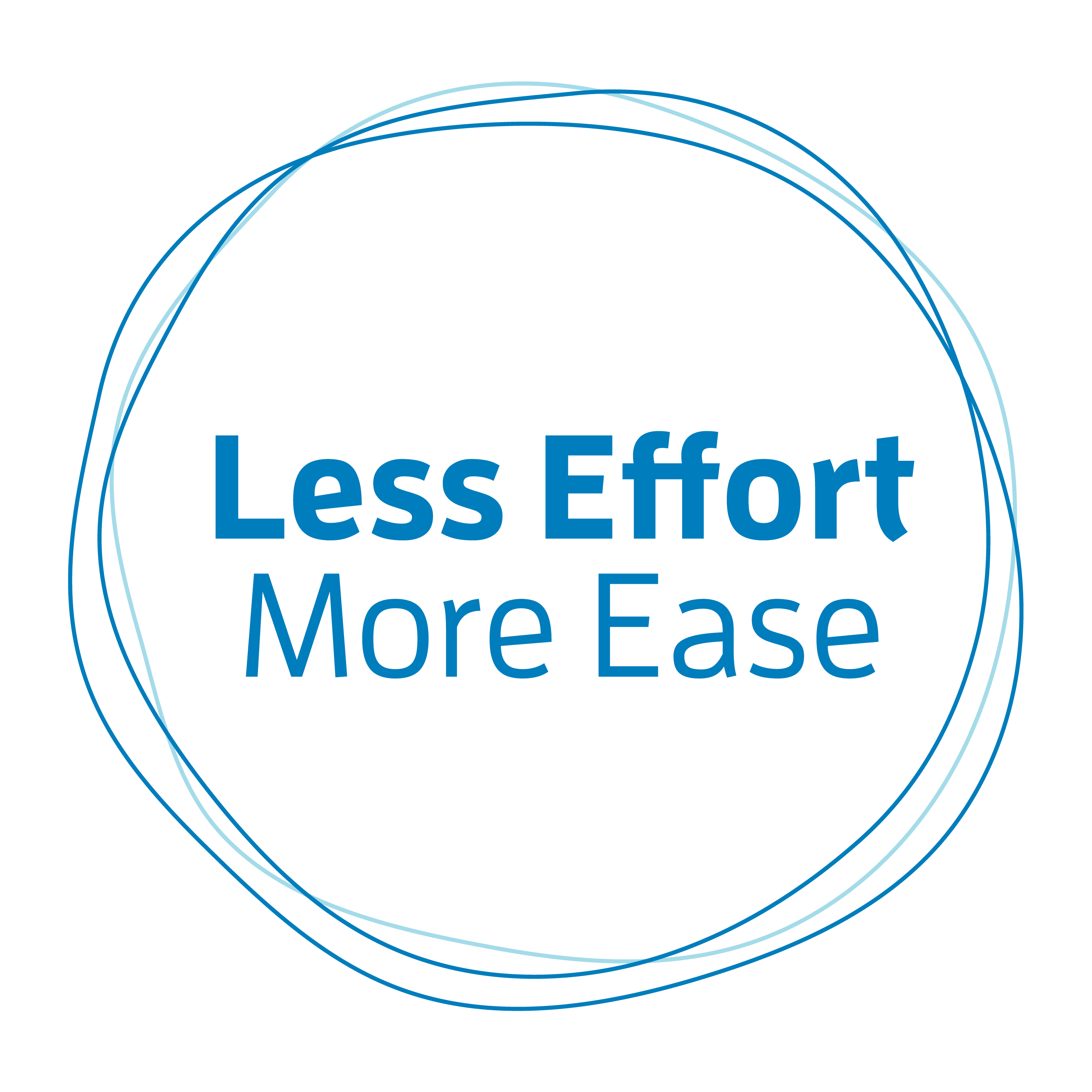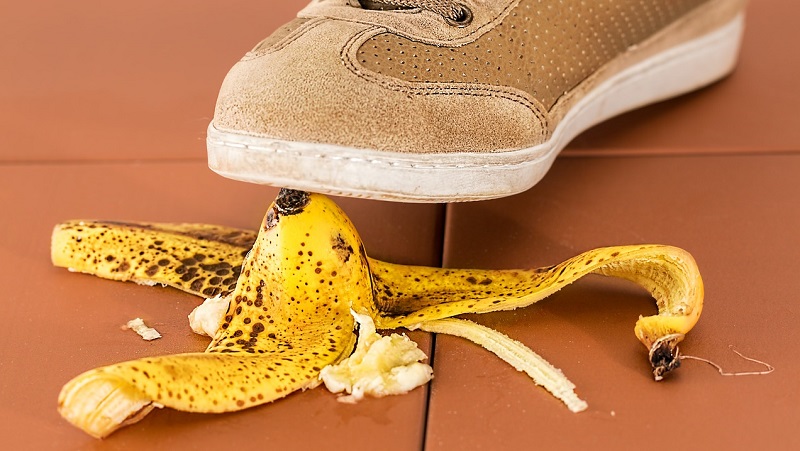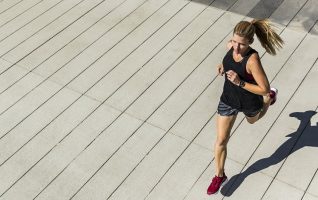The Saturday after Thanksgiving was a day full of warm sun and clear blue skies. And the worst day I’ve had in a long time.
Shortly after noon, I walked out of a building, turned the corner onto a shaded sidewalk, and unsuspectingly stepped on a thin piece of ice. I was down before I knew what had happened. Fell backward and hit the back of my head on the concrete.
I did not blackout, which is good. But I did go to the ER the next morning to get checked out. The doc suggested a CT scan, which fortunately ruled out a skull fracture and internal bleeding. I was incredibly lucky. Two weeks later, my hairdresser told me about a friend of his—a 53-year-old woman (exactly my age) who was taking some medication that periodically made her lightheaded when she stood up. She had fallen at home and hit her head on a tile floor. She was not so lucky. Brain bleed. Emergency surgery.
When I was in my 30s and 40s, I wasn’t so worried about falling. Of course, I didn’t want to fall, and falls where you hit your head, even at a young age, are good to avoid. But now after 50, it’s more daunting. And if you’re female and past menopause you have the added risk of fractures.
According to the CDC, one in four adults over 65 falls each year in the United States. About 36 million falls are reported among this age group each year, resulting in 32,000 deaths. One out of every five falls causes an injury. And more than 95% of hip fractures are caused by falling. Not surprisingly—due to bone loss after menopause—¾ of all hip fractures are in women.
So, what can you do to be proactive?
There are lots of common tips for fall prevention which I’ll list for you below. But my number one tip is usually not found on these lists.
I was with a long-time student and friend of mine the other day who is in her early 80s. I told her about my recent fall. She mentioned it was a struggle to stay present and focused when she walked—even though she realized how important it is to do so to prevent falls. Her observation is my number one tip. Practice mindful movement. Just be present with yourself when you’re moving. Try to avoid distractions.
Try walking period. Not walking and texting. Or walking and checking email. Or scrolling social media. Or mentally planning your to-do list. Give yourself permission to simply enjoy walking. Wherever you are.
Balance starts to decline as early as your 40s. One reason is that as you age, your reaction time is not as quick. You trip on something, and you can’t recover in time to re-establish your balance. If you’re present in what you’re doing you can look out and see what’s coming up—so you can avoid obstacles, slow down, or speed up as necessary. And if you start practicing a bit of mindful movement when you’re younger then it becomes more of a habit as you age—when it is more and more important. You get good at what you practice.
Besides this number one tip here are a few more common tips—
- Walk in well-lit areas. Your sense of sight is incredibly important for balance. Always turn the light on if you get up at night. If you walk in the dark, you’re severely hampering yourself. If you go for walks out of doors when it’s getting dark or dark outside, get a headlamp. A worthwhile investment.
- Keep things picked up off the floor at home. Need I say more? (And as you get older, rethink the throw rugs or at least secure them to the floor.)
- As you get older it may be something to boast about that you can still stand on one leg to put your pants on. But there is no shame in sitting down to put your pants on. Especially if you’ve got socks on already and are standing on a wooden floor 😊
- Keep your feet under you when you walk, especially in the winter. Do you walk throwing your feet out in front of you? It’s a good recipe for slipping and falling. If it’s slick outside, keep your feet right under you.
- Wear good shoes with good treads. What you put on your feet is important. Dress for the weather. A few years ago, I invested in Kahtoola nanospikes that slip over my sneakers. Fantastic.
- Get your eyes checked regularly.
- Be aware of how medications you take may affect you. Realize the way medicines work in your body may change as you get older.
Here’s to aging gracefully. And to staying on your feet!
Image by Steve Buissinne from Pixabay




